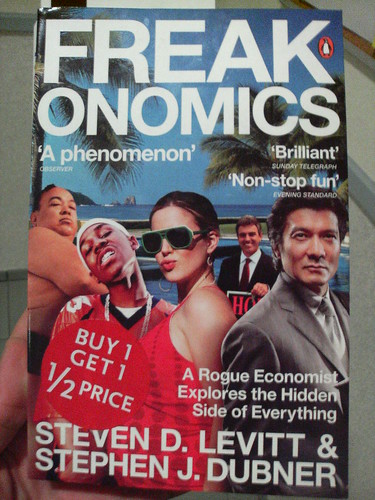As readers of this blog know, I spent the last 3 nights in Paris. Even though I really like the city, this time around I was slightly disappointed by the state is seems to be in. Of course, in all the tourist areas everything is as pristine and glorious as only Paris can be, but just walking a little bit away from that you find out that the city is dirtier than I remembered.
The contrast is even starker given that 5 months ago I spent a week in London. Even though both are very beautiful cities with monumental architecture, the British capital is much better preserved. Maybe it has to do with the fact that the British economy is doing much better than the French one. Maybe it is related to the British having embraced globalisation, whereas large swathes of French society don’t know what to do with it/about it.
Furthermore, another detail that caught my attention is not really the amount of foreigners in the city, but the fact that they don’t seem to be economically integrated. Even though of course this is purely anecdotical, and it was a long weekend, I didn’t see a lot of middle-class Frenchmen of non-European descent around their city.

